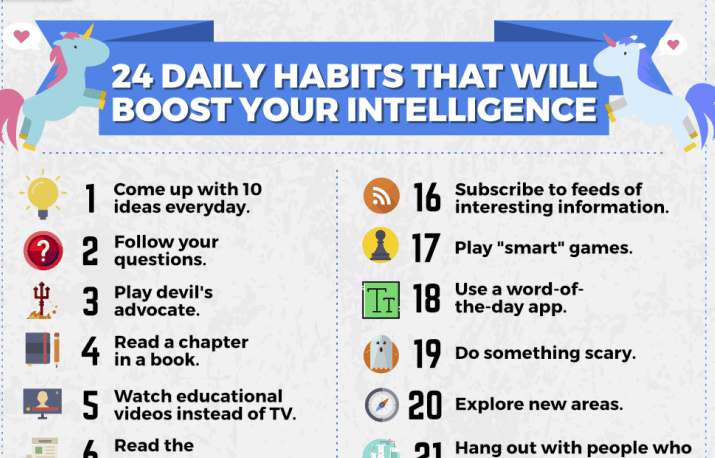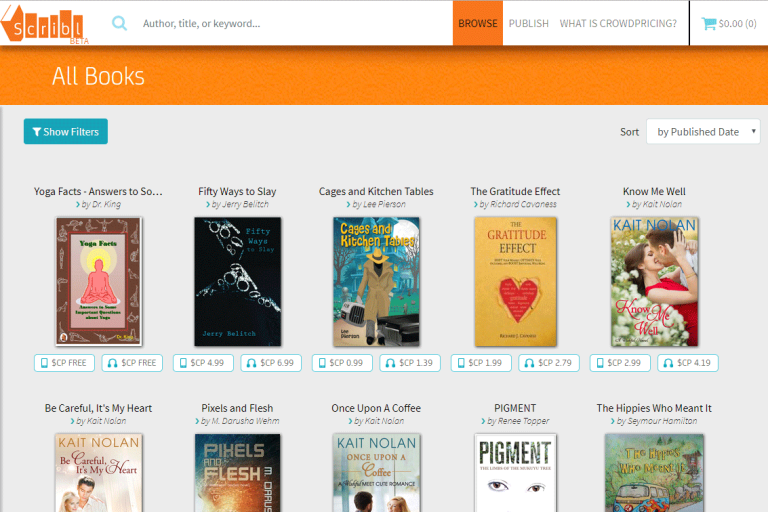Does Reading Help Improve IQ?
Welcome, curious minds! Today, we’re diving into the fascinating question: “Does reading help improve IQ?” 📚 Prepare to embark on a journey where words have the power to shape our intellect and expand our horizons. So, grab a cup of tea, find a cozy nook, and let’s explore the magical world of reading and its impact on our intelligence!
In a world overflowing with distractions and quick fixes, it’s easy to overlook the timeless practice of reading. However, don’t let its simplicity fool you. Reading is like a gym for our minds, a mental workout that flexes our cognitive muscles and stimulates our brain cells. But does it really have the power to boost our IQ? 🤔 Let’s uncover the truth behind this age-old question and discover the wonders that lie within the pages of our favorite books. So, fasten your seatbelts and get ready for a mind-expanding adventure!

Does Reading Help Improve IQ?
Reading is a fundamental skill that plays a crucial role in our intellectual development. It not only helps us gain knowledge and expand our vocabulary, but it also has the potential to improve our IQ. IQ, or Intelligence Quotient, is a measure of a person’s cognitive abilities, including their problem-solving skills, reasoning abilities, and general knowledge. In this article, we will explore the relationship between reading and IQ and discuss how reading can contribute to cognitive development.
The Cognitive Benefits of Reading
Reading is often referred to as a “workout for the brain” because it engages various cognitive processes and stimulates brain activity. When we read, our brains are actively processing information, making connections, and interpreting meanings. This mental exercise contributes to the development and improvement of our cognitive abilities, including our IQ.
One of the key cognitive benefits of reading is the expansion of vocabulary. Through reading, we encounter new words and phrases, and we learn how to use them in different contexts. This exposure to a wide range of vocabulary enhances our linguistic skills and allows us to express ourselves more effectively. A strong vocabulary is closely linked to intelligence and can positively impact our IQ scores.
Enhanced Analytical Thinking
Reading also promotes analytical thinking, as it requires us to actively process and analyze information. When we read a book or an article, we are constantly making connections, drawing conclusions, and analyzing the author’s arguments. This critical thinking process strengthens our analytical skills, which are essential for problem-solving and decision-making. By honing our analytical thinking abilities through reading, we can improve our overall cognitive functioning and potentially boost our IQ.
Furthermore, reading exposes us to a wide range of ideas, perspectives, and experiences. It broadens our horizons and helps us develop empathy and understanding for others. This exposure to diverse perspectives enhances our ability to think critically and consider multiple viewpoints, which are important aspects of intelligence. By expanding our knowledge and understanding of the world through reading, we can improve our cognitive flexibility and contribute to the development of our IQ.
The Link Between Reading and IQ
Several studies have explored the relationship between reading and IQ, and the findings consistently indicate a positive correlation. In a study published in the Journal of Educational Psychology, researchers found that reading ability in early childhood significantly predicted cognitive abilities, including IQ, in later years. This suggests that early exposure to reading and the development of strong reading skills can have a long-lasting impact on cognitive development and intelligence.
Another study conducted by researchers at the University of Edinburgh found that individuals who engaged in regular reading throughout their lives had higher cognitive abilities and better verbal skills compared to those who did not read as often. This further supports the notion that reading has a positive influence on IQ and cognitive functioning.
The Importance of Active Reading
While reading can be beneficial for improving IQ, it is important to note that not all reading is equal. Passive reading, where we simply skim through the text without actively engaging with the material, may not provide the same cognitive benefits as active reading. Active reading involves actively questioning, reflecting, and analyzing the content. By actively engaging with the text, we stimulate our brains and maximize the cognitive benefits of reading.
To make the most of your reading experience, try incorporating active reading strategies such as highlighting important points, making notes, and discussing the material with others. These active reading techniques can enhance comprehension, critical thinking, and overall cognitive development.
Incorporating Reading into Your Daily Routine
If you want to improve your IQ and cognitive abilities through reading, it is essential to make it a regular part of your daily routine. Set aside dedicated time for reading, whether it’s a few minutes each day or a longer session on the weekends. Choose materials that align with your interests and passions, as reading becomes more enjoyable and engaging when you are genuinely interested in the subject matter.
Additionally, consider diversifying your reading materials. Explore different genres, topics, and formats to expose yourself to various writing styles and perspectives. This variety can help stimulate your brain and provide a well-rounded intellectual experience.
Conclusion
Reading has the potential to improve IQ and cognitive abilities by engaging various cognitive processes and stimulating brain activity. By actively reading and incorporating it into our daily routine, we can enhance our vocabulary, analytical thinking, and overall cognitive functioning. So, if you’re looking to boost your IQ, grab a book and start reading!
Key Takeaways: Does reading help improve IQ?
- Reading regularly can enhance cognitive abilities and improve IQ scores.
- Books expose readers to new ideas, knowledge, and perspectives, stimulating intellectual growth.
- Reading exercises the brain, improving memory, focus, and analytical thinking skills.
- Engaging in diverse genres and subjects broadens intellectual horizons and fosters critical thinking.
- Starting reading habits at a young age can have a long-lasting positive impact on IQ development.
Frequently Asked Questions
Does reading help improve IQ?
Reading is known to have numerous cognitive benefits, including the potential to improve IQ. While IQ is influenced by various factors, such as genetics and environment, reading can play a significant role in enhancing intellectual abilities. Here’s how:
1. Knowledge Acquisition: Reading exposes you to a wide range of information and ideas, expanding your knowledge base. This accumulation of knowledge can contribute to a higher IQ by providing a broader understanding of the world and fostering critical thinking skills.
2. Vocabulary Development: Reading exposes you to new words and phrases, which can improve your vocabulary. A rich vocabulary is strongly associated with higher IQ scores, as it reflects language proficiency and the ability to express complex thoughts.
What types of reading are most effective for improving IQ?
While any type of reading can be beneficial, certain types may have a more pronounced impact on IQ improvement:
1. Nonfiction Books: Reading nonfiction books, particularly those that delve into scientific, historical, or philosophical subjects, can enhance critical thinking and analytical skills, contributing to a higher IQ.
2. Challenging Literature: Engaging with complex and intellectually stimulating literature, such as classic novels or thought-provoking essays, can sharpen cognitive abilities and foster deeper insights, potentially boosting IQ.
At what age is it most effective to start reading for IQ improvement?
The earlier you start reading, the greater the potential impact on IQ improvement. Research suggests that early exposure to reading, even during infancy, can have long-lasting cognitive benefits. However, it’s never too late to begin reading for IQ enhancement. Regardless of age, regular reading can still provide intellectual stimulation and contribute to cognitive growth.
How much time should be dedicated to reading for IQ improvement?
The amount of time dedicated to reading for IQ improvement can vary depending on individual preferences and schedules. However, consistency is key. Aim to incorporate reading into your daily routine, even if it’s just for a few minutes. Gradually increase the duration as you develop a reading habit. Remember, quality of reading also matters, so prioritize engaging with intellectually stimulating content.
Are there any other activities that can complement reading for IQ improvement?
Absolutely! While reading is a powerful tool for IQ enhancement, combining it with other activities can further boost cognitive abilities:
1. Critical Thinking Exercises: Engage in puzzles, brain teasers, or logic games to sharpen your analytical skills and problem-solving abilities.
2. Continuous Learning: Besides reading, actively seek out opportunities to learn new skills, attend educational workshops, or take online courses. Lifelong learning enhances cognitive flexibility and contributes to overall intellectual growth.
Dr. Keith Stanovich: Matthew Effects – Does Reading Make you Smarter?
Final Thought
After diving into the question of whether reading helps improve IQ, it’s clear that the benefits of reading go far beyond simply expanding knowledge and vocabulary. Reading stimulates the mind, enhances cognitive skills, and boosts critical thinking abilities. It’s like a mental workout that exercises the brain and strengthens its capacity to process information and make connections. So, if you’re looking to enhance your intelligence and increase your IQ, reading is definitely a powerful tool to consider.
In addition to the cognitive benefits, reading also has a positive impact on overall well-being. It provides an escape from reality, allowing us to immerse ourselves in different worlds and perspectives. It fosters empathy, broadens our understanding of the world, and even promotes emotional intelligence. Whether you prefer fiction or non-fiction, reading offers a unique opportunity to explore new ideas, gain insights, and expand our horizons.
So, the next time you find yourself with some free time, grab a book, and let your mind wander. Whether it’s a gripping novel, an informative article, or a thought-provoking essay, reading is a valuable habit that not only entertains but also challenges and enriches our intellect. Embrace the power of reading and watch as your IQ soars to new heights.






